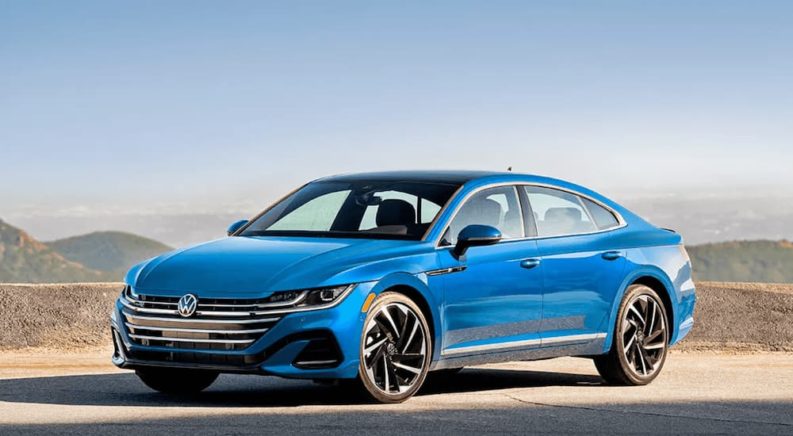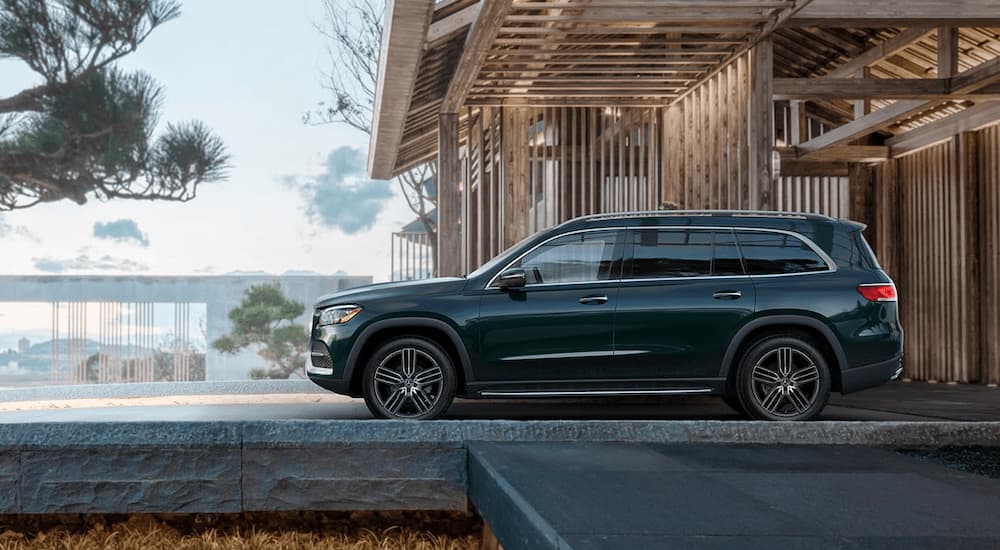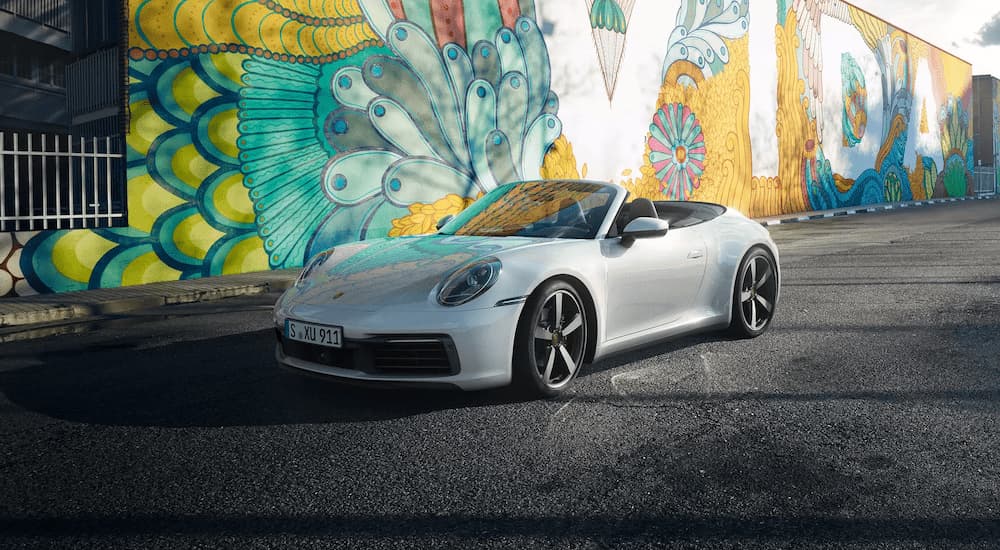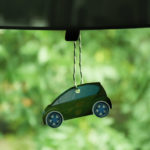Famously harsh to the ears of non-speakers and filled with lengthy compound words, the German language is a noticeable departure from European romance languages like French, Spanish and Italian. German and English actually have a lot in common, making many German terms relatively easy to parse at first sight for English speakers. In fact, the two languages are very close linguistic siblings, both being an offshoot of the proto-Germanic language commonly known as West Germanic. Eighty of the hundred most common English words are borrowed from the German language, and 26 percent of the English vocabulary is Germanic in origin, putting it behind only French at 29 percent.
While we’ve adopted some German vocabulary into our everyday speech––angst, delicatessen, kindergarten, and even hamster are some prime examples––the language is filled with words and idioms for which there is simply no English substitute. The gulf in language is even more pronounced when it comes to the vocabulary surrounding German automotive culture, a proud tradition in a land that created some of the world’s most storied luxury and performance brands like Mercedes-Benz, BMW, Porsche, and Audi. Whether you’re cruising the Autobahn in your Porsche 911 or firing up the C-Class to grab a döner kebab, here is some entry-level German for car enthusiasts that’ll help you to blend in with all the other volks in their wagens.
Elefantenrennen
Anyone who has ever had to brave a highway full of massive 18-wheelers will be familiar with the phenomenon the Germans dub das elefantenrennen. Literally translated as “elephant running,” the term describes the situation where one tractor-trailer truck tries to overtake another, blocking the passing lane and creating a headache for any drivers who are unfortunate enough to be caught behind the two hulking vehicles. Famously stringent when it comes to the rules of the road, German police––essentially the game wardens of the highway––will actually fine any driver who takes too long to complete a passing maneuver in an attempt to prevent die elefanten from running wild.
Familienkutsche
Familienkutsche is a great example of a German word that most English speakers can probably translate with ease, as it’s a clear combination of “family” (familie) and “coach” (kutsche). The word describes the large, spacious vehicles that are often the first choice for large or growing families, with all the room necessary for passengers and cargo alike. By definition, most American midsize to full-size SUVs would probably be considered familienkutschen, but in Germany, the term is reserved for the largest of the large.
Doppelkupplungsgetriebe
Commonly abbreviated as PDK by those who didn’t grow up in the Vaterland, Porsche Doppelkupplungsgetriebe translates to Porsche Dual-Clutch Transmission. First debuting in the 1980s, das doppelkupplungsgetriebe was an important part of Porsche’s foray into the world of motorsports. The PDK is a unique design that basically packs two manual transmissions into one package, with one reserved for odd gears and the other covering even gears. Unlike an automatic transmission, which uses a torque converter to help change the gears, the PDK features paddle shifters and hydraulically-activated wet clutch packs to get the job done.
While Porsche might not have invented the dual-clutch transmission, it went a long way in perfecting the approach with lightning-quick gear changes that are almost imperceptible when you’re behind the wheel. In addition to the fast gear changes, the PDK improves acceleration while lowering fuel consumption, reducing overall weight, and enhancing the vehicle’s comfort. The PDK transmission is a common feature on some of the best-known Porsche models, including the storied 911, the Cayman, and the Boxster.
Jahreswagen
In English, we have a couple euphemisms for the term “used car,” with “pre-owned” being the most popular. This is largely a marketing tactic that allows a seller to charge a higher price for their used vehicle, but German takes it one step further by introducing the word jahreswagen. Translating to “year car,” jahreswagen describes a vehicle that is less than one year old. Essentially, a very new but technically still used car. It seems oddly specific, but there’s a reason for this type of hair-splitting.
Many German car manufacturers offer a program that allows employees to purchase a new vehicle from their company every 12 months. It’s a great industry perk, allowing the workers to produce these high-end vehicles to enjoy the fruit of their labor and experience the newest models. Employees receive a notable discount on the vehicles, and since they can often be sold at almost no loss, drivers will often upgrade to a new model year after year. For this reason, one-year-old vehicles are very common on the German used vehicle market, and the term jahreswagen has taken hold.
Schilderwald
Many languages feature words encapsulating concepts for which English simply has no substitute, but that’s not to say the ideas themselves are unknown to American drivers. If you’ve ever tried to navigate the cacophony of conflicting street signs in a busy urban environment, you’ll likely recognize the phenomenon of der schilderwald. German already has a word for traffic signs in general in verkehrsschild, but schilderwald encompasses a slightly different idea. The term literally translates to “sign” (schild) and “forest” (wald) and describes the dense cluster of road signs that can be found in some areas. Often these road signs are placed so closely together that they’re difficult to read, leading to frustration from drivers who are simply looking for their destination. The term brings new meaning to the idea of not being able to see the forest for the trees, with the way-finding signs actually making navigation more frustrating.
Autobahn
Any article on German automotive vocabulary wouldn’t be complete without a quick mention of die Autobahn. Germany’s federal controlled-access highway system is seen by many as an automotive Wild West where anything goes, but the reality is often quite different. While it’s true that some areas of the Autobahn don’t have a posted speed limit, this isn’t true of all areas or for all types of vehicles. In urbanized and accident-prone areas, or those under construction, speed limits often apply, and even stretches where speed isn’t restricted have an advisory speed limit of 130 kph (around 80 mph). Certain types of vehicles, such as buses, commercial trucks, and cars with trailers, are also restricted to lower speed limits.
In the case of an accident, faster-moving vehicles are more likely to be found at fault, especially in cases where speed was determined to be a factor in the accident. Holding races on the Autobahn is illegal, as is stopping for any reason aside from an accident. That means running out of gas is a fineable offense, so try not to limp along with your Low Fuel light on until you can make it to the next gas station. However, as long as you follow the rules and drive safely, there are many places where you can drive as fast as you want.
Reißverschlusssystem:
Just when we thought we were starting to wrap our heads around German, they went and introduced an entirely new letter into the equation. Don’t let the unfamiliar “ß” confuse you; it’s called a scharfes s (sharp s) and is pronounced just like an “ss” in English. Reißverschlusssystem is also a concept that should be familiar to American drivers. It translates to “zipper system” and describes a German traffic construct that involves vehicles merging in an alternating pattern that resembles how the teeth of a zipper interlock as they’re being pulled together. We call it the zipper merge, and it’s the subject of hot debate among traffic engineers, but the famously orderly Germans have perfected the art of the merge and coined an entirely new term in the process.
Fahren, Fahren, Fahren
For many Germans, cars are just as important to the country’s culture as oompah bands and Oktoberfest. It’s no wonder that the famously idiosyncratic language has spawned its fair share of car-specific vocabulary. While we were able to share some of our favorites, there are a lot of other terms, idioms, and phrases yet to be discovered. While many are specific to particular German car brands, others encompass entire concepts for which English simply has no substitute. Exploring another culture through its unique vocabulary is always fun, as it gives foreigners a look into how others perceive and describe the world around them. From merging in a reißverschlusssystem on the Autobahn to trying to navigate der schilderwald from behind the wheel of your familienkutsche or trading in your jahreswagen for a new model with a doppelkupplungsgetriebe, this brief guide should come in handy next time you find yourself cruising in Deutschland.






